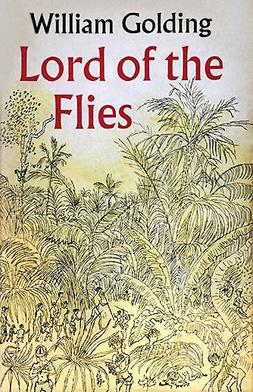Lists
















21 Music Artists
My Music
Sort by:
Recent Desc
More lists by Thea


Fave Movies 🍿
List includes: Coraline, Edward Scissorhands, 12 Monkeys
June 2022
0
@turtlerain



Fave books 📚
List includes: The Picture of Dorian Gray, Animal Farm, Lord of the Flies
June 2022
0
@turtlerain



Fave games 🎮
List includes: Portal 2, Borderlands, The Elder Scrolls V: Skyrim
May 2022
0
@turtlerain


Tv shows i liked
List includes: The Office, Arrested Development, Firefly
May 2022
0
@turtlerain



My kind of humour 👌
List includes: The Office, Arrested Development, The IT Crowd
May 2022
0
@turtlerain